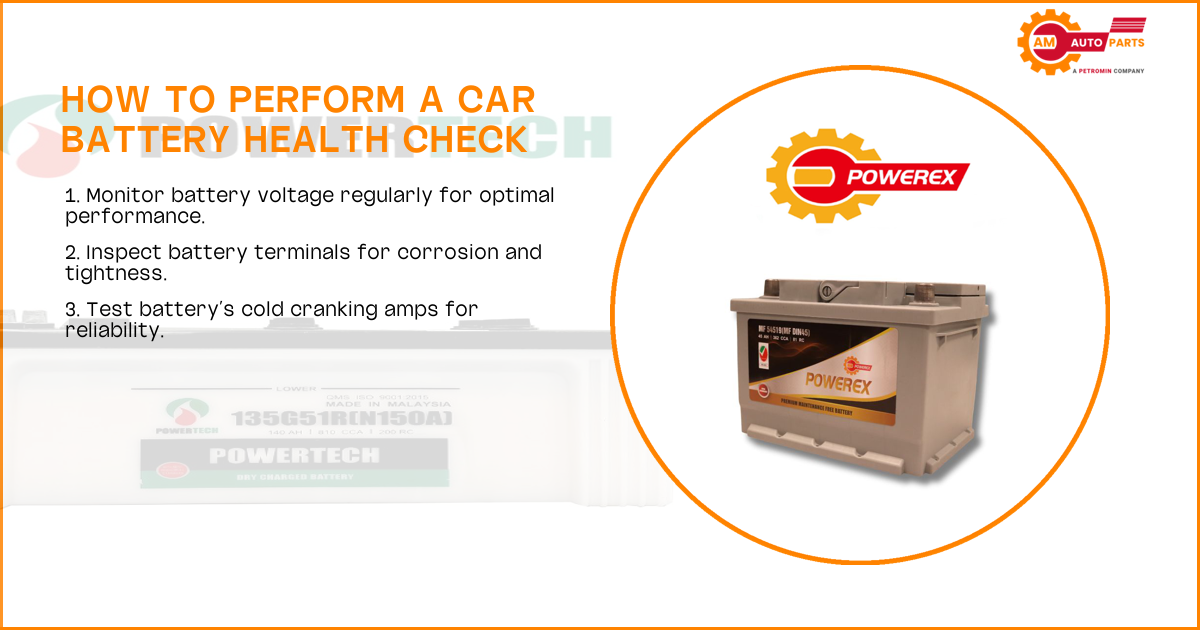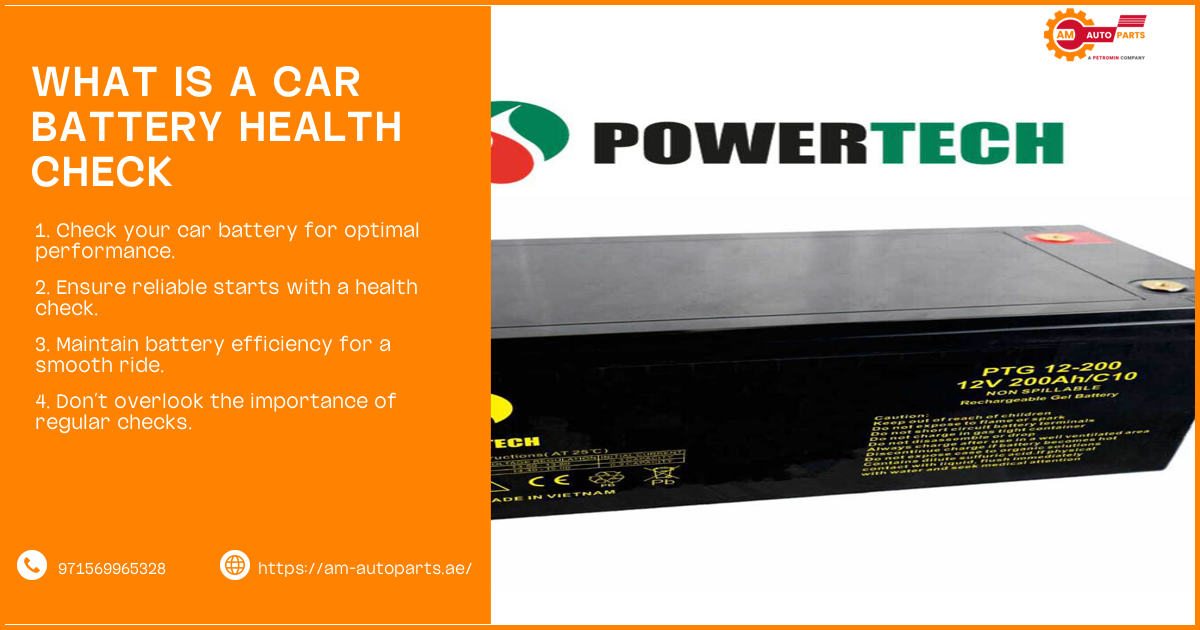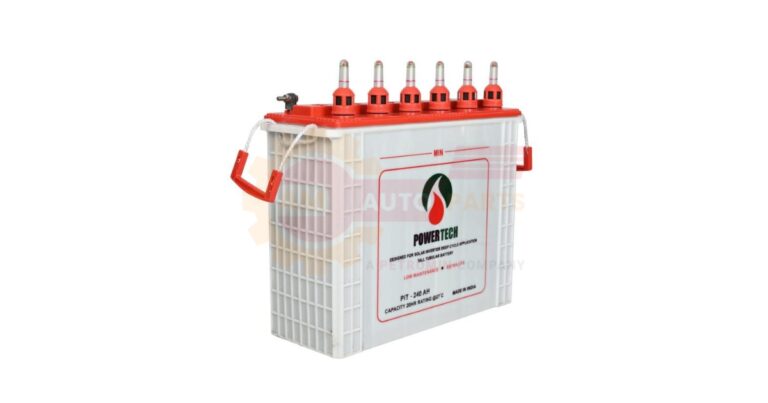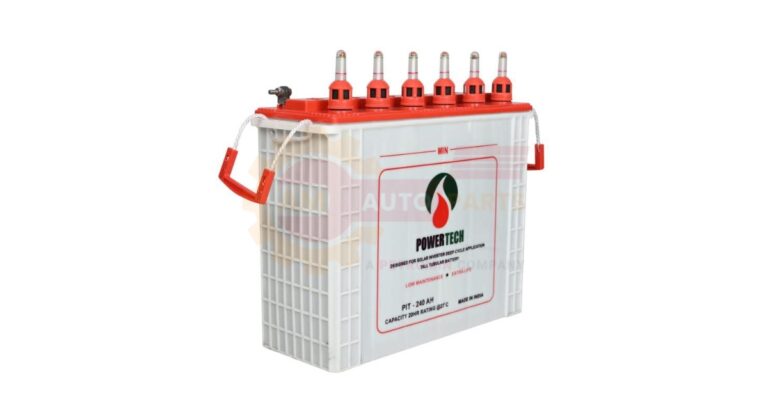What Is a Car Battery Health Check and Why Is It Important?
A car battery health check is a crucial maintenance task that ensures your vehicle’s battery is functioning optimally. This process involves evaluating the battery’s condition to prevent unexpected breakdowns and extend its lifespan. Regular checks can save you from inconvenient situations and costly repairs. Understanding what a car battery health check entails and why it’s important can help you maintain your vehicle’s performance and reliability.
Car Battery Health
Car battery health refers to the overall condition and performance capability of your vehicle’s battery. It determines how well the battery can hold a charge and deliver power to the car’s electrical systems.
What Is Battery Health
Battery health is a measure of a battery’s ability to store and deliver electrical energy. It is influenced by factors such as age, usage patterns, and environmental conditions. A healthy battery should maintain a stable voltage and provide sufficient power to start the engine and support the vehicle’s electrical systems.
Factors Affecting Battery Performance
Several factors can impact a car battery’s performance, including temperature, driving habits, and maintenance practices. Extreme temperatures can accelerate battery degradation, while frequent short trips may prevent the battery from fully charging. Proper maintenance, such as keeping terminals clean and ensuring secure connections, can enhance battery performance.
Signs of a Deteriorating Battery
Recognizing the signs of a deteriorating battery can help you address issues before they lead to failure. Common indicators include slow engine cranking, dim headlights, and the need for frequent jump-starts. If you notice any of these symptoms, it’s time to perform a battery health check.
- Slow engine cranking
- Dim headlights
- Frequent need for jump-starts
How to Perform a Car Battery Health Check

Conducting a car battery health check involves several steps to assess the battery’s condition. These steps include testing voltage, performing a load test, and inspecting terminals and connections.
Using a Multimeter to Test Voltage
A multimeter is a handy tool for measuring the voltage of your car battery. To test the voltage, set the multimeter to DC voltage and connect the probes to the battery terminals. A healthy battery should read between 12.4 and 12.7 volts when the engine is off.
Conducting a Load Test
A load test evaluates the battery’s ability to maintain voltage under a simulated load. This test requires a load tester, which applies a load to the battery while measuring voltage. A healthy battery should maintain a voltage above 9.6 volts during the test.
Inspecting Battery Terminals and Connections
Inspecting the battery terminals and connections is essential for ensuring proper electrical flow. Look for signs of corrosion, loose connections, or damaged cables. Clean any corrosion with a mixture of baking soda and water, and tighten any loose connections.
- Measure voltage with a multimeter
- Perform a load test
- Inspect terminals for corrosion
Interpreting Car Battery Health Check Results
Understanding the results of a car battery health check can help you determine the next steps for maintenance or replacement.
Ideal Voltage Readings
Ideal voltage readings for a healthy battery range from 12.4 to 12.7 volts when the engine is off. If the voltage is below this range, the battery may be undercharged or nearing the end of its life.
Load Test Outcomes
During a load test, a healthy battery should maintain a voltage above 9.6 volts. If the voltage drops significantly, it may indicate a weak or failing battery that requires replacement.
Visual Inspection Findings
Visual inspections can reveal issues such as corrosion, loose connections, or physical damage. Addressing these issues promptly can prevent further deterioration and ensure reliable battery performance.
- Ideal voltage: 12.4-12.7 volts
- Load test: Above 9.6 volts
- Check for corrosion and damage
Importance of Regular Battery Health Checks
Regular battery health checks are vital for maintaining your vehicle’s reliability and performance.
Preventing Unexpected Breakdowns
Routine checks can identify potential issues before they lead to unexpected breakdowns. By addressing problems early, you can avoid being stranded with a dead battery.
Extending Battery Lifespan
Regular maintenance and health checks can extend the lifespan of your car battery. By keeping the battery in good condition, you can delay the need for replacement and save money in the long run.
Ensuring Optimal Vehicle Performance
A healthy battery is essential for optimal vehicle performance. It ensures that the engine starts reliably and that all electrical systems function properly.
- Prevent breakdowns
- Extend battery life
- Maintain vehicle performance
Common Car Battery Issues and Solutions
Understanding common car battery issues can help you address them effectively and maintain battery health.
Sulfation
Sulfation occurs when lead sulfate crystals form on the battery plates, reducing its capacity. This can happen when the battery is undercharged or left unused for extended periods. Regular charging and maintenance can prevent sulfation.
Parasitic Drain
Parasitic drain refers to the continuous discharge of the battery due to electrical components drawing power when the vehicle is off. Identifying and addressing the source of the drain can prevent battery depletion.
Extreme Temperature Effects
Extreme temperatures can accelerate battery degradation. High temperatures can cause fluid evaporation, while cold temperatures can reduce the battery’s ability to deliver power. Protecting the battery from extreme conditions can mitigate these effects.
- Prevent sulfation with regular charging
- Identify and fix parasitic drains
- Protect battery from extreme temperatures
Maintaining Your Car Battery for Optimal Health
Proper maintenance practices can help you keep your car battery in top condition.
Proper Charging Techniques
Using the correct charging techniques can prevent overcharging or undercharging, both of which can harm the battery. Follow the manufacturer’s guidelines for charging and use a quality charger.
Cleaning Battery Terminals
Regularly cleaning the battery terminals can prevent corrosion and ensure a good electrical connection. Use a mixture of baking soda and water to clean the terminals and apply a protective coating to prevent future corrosion.
Avoiding Deep Discharges
Deep discharges can significantly reduce a battery’s lifespan. Avoid leaving lights or accessories on when the engine is off, and ensure the battery is charged regularly.
- Use proper charging techniques
- Clean terminals regularly
- Avoid deep discharges
Advanced Car Battery Health Diagnostics
Advanced diagnostics can provide a more comprehensive assessment of your car battery’s health.
Computerized Battery Testing
Computerized battery testing uses specialized equipment to evaluate the battery’s condition and performance. This method provides detailed information about the battery’s state of charge and health.
Conductance Testing
Conductance testing measures the battery’s ability to conduct electrical current. It is a quick and accurate way to assess battery health and predict potential failures.
State of Charge vs. State of Health
Understanding the difference between the state of charge and the state of health is crucial for accurate diagnostics. The state of charge indicates the current energy level, while the state of health reflects the battery’s overall condition and capacity.
- Use computerized testing for detailed analysis
- Conductance testing for quick assessment
- Differentiate between charge and health
The Impact of Driving Habits on Battery Health
Your driving habits can significantly affect your car battery’s health and lifespan.
Short Trips and Battery Drain
Frequent short trips may prevent the battery from fully charging, leading to gradual depletion. Consider taking longer drives occasionally to ensure the battery charges completely.
Excessive Idling
Excessive idling can drain the battery without providing sufficient charge. Turn off the engine if you expect to be stationary for an extended period.
High-Power Accessory Usage
Using high-power accessories, such as air conditioning and sound systems, can strain the battery. Limit their use when the engine is off to preserve battery life. High amperage starter is a powerful device that helps big engines start quickly It provides extra electrical power to turn over large motors in trucks and heavy machinery Automotive terminal oxidation is when the metal parts at the ends of car wires get rusty and worn out This can make it harder for electricity to flow through the wires in a vehicle
Battery replacement threshold is the point when a device’s battery becomes too weak and needs to be changed It helps users know when it’s time to get a new battery for their gadget Battery voltage range The
Push start automobile Cars with Electrical System Malfunctions happen when parts of the electrical system stop working properly
Automotive power choices include gas engines electric motors and hybrid systems These options give drivers different ways to power their cars and trucks Vehicle power optimization helps cars use less fuel and go farther It makes engines work better so vehicles can be more efficient
- Take longer drives to charge battery
- Avoid excessive idling
- Limit accessory use when engine is off
Choosing the Right Battery for Your Vehicle
Selecting the right battery is essential for ensuring compatibility and optimal performance.
Battery Types and Technologies
Different battery types and technologies offer varying performance characteristics. Consider factors such as maintenance requirements, lifespan, and cost when choosing a battery.
Sizing and Compatibility
Ensure the battery you choose is the correct size and compatible with your vehicle’s specifications. Refer to the owner’s manual or consult a professional for guidance.
Climate Considerations
Consider the climate in your area when selecting a battery. Some batteries perform better in extreme temperatures, so choose one that suits your environment.
- Consider battery type and technology
- Ensure correct sizing and compatibility
- Factor in climate conditions
Frequently Asked Questions
What Voltage Indicates a Healthy Car Battery?
A healthy car battery typically has a voltage reading between 12.4 and 12.7 volts when the engine is off. This range indicates that the battery is fully charged and capable of delivering sufficient power to the vehicle’s electrical systems.
Can a Car Battery Regain Health?
In some cases, a car battery can regain health through proper maintenance and charging techniques. However, if the battery is severely degraded or damaged, it may need to be replaced to ensure reliable performance.
How Often Should I Check My Car Battery Health?
It is recommended to check your car battery health at least twice a year. Regular checks can help identify potential issues early and ensure the battery remains in good condition for optimal vehicle performance.le.






